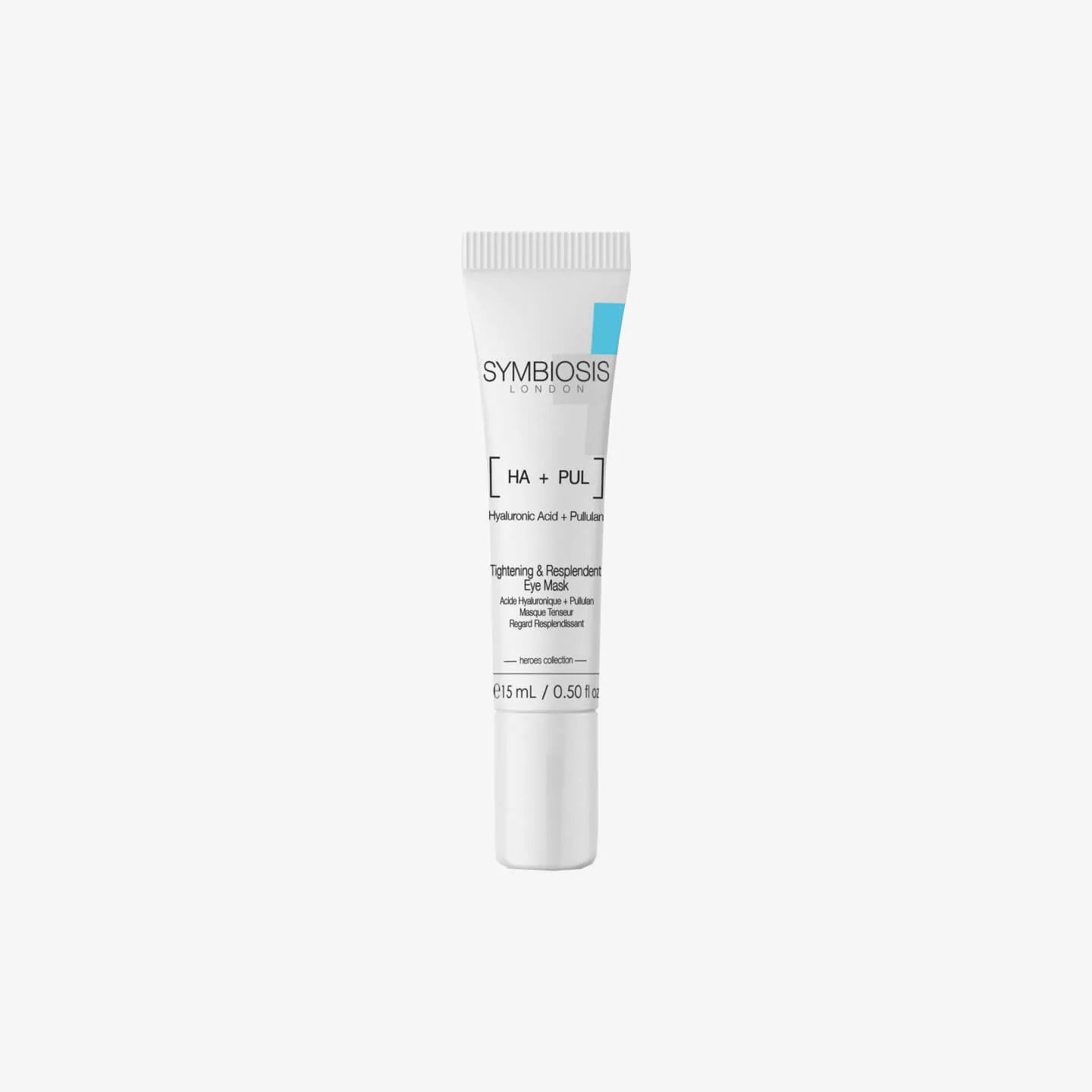Are natural skincare products better for you?

You can’t hide your skin, so you want to take care of it. You want to put your best face forward — with clear, glowing, smooth, natural skin. You may even be willing to spend more for skin care products that boast better results because contain natural ingredients or are labeled “organic.”
But what do those terms really mean? Is the “natural” or “organic” label worth the extra weight of the price tag — is it really any better for your skin and for the environment?
Decide what you want to get out of your skin care product
Are you looking for something that won’t irritate your skin, gives you better results and healthier skin, or has less impact on the environment? Do you want a combination of all those elements?
If you’re in the market for a product that’s fragrance- or preservative-free, or presented with minimal or recycled packaging, it may be easier to meet those criteria with a natural or organic product.
But don’t read too much into the labels or make assumptions that may not be true. Natural doesn’t always mean better, and natural ingredients aren’t necessarily safer or more likely to provide better results.
What is natural?

The world of so-called natural beauty products is weird and complicated. One major thing: The word “natural” means literally nothing as far as the FDA is concerned. Though there has been some legislative movement toward creating more regulations regarding the ingredients cosmetic brands are using — The Personal Care Products Safety Act is probably the buzziest — there’s currently not a solid rule that can stop any brand from slapping some leafy-looking design and the word natural on their label, as long as they can claim it’s not “misleading.”
Plus, as Alexandra Kowcz, Chief Scientist for the Personal Care Products Council (PCPC), pointed out at a recent panel in Palm Beach, Florida, truly organic ingredients can be volatile as heck. Sometimes, a brand needs to create synthetic ingredients in order to ensure their product will work well every single time. Just because something’s made in a lab, doesn’t mean it’s toxic — and just because something’s completely natural, doesn’t mean it’s not.
Ingredients that can get a beauty product labeled as “natural” are often paired with other additives that can be detrimental to our skin. Many ‘natural’ personal care products have few associated studies to demonstrate efficacy and safety akin to that of FDA-regulated products. Some items branded as ‘natural’ in fact contain chemicals.” It’s always important to actually read the ingredients label, and not just rely on language on the front of a bottle that implies something is natural.
What we do recommend is finding products that include ingredients that have an effect that’s been demonstrated to work. Such as SA.AL’s 041 Intense Moisturiser that we happen to have in our Out’n’Proud Gay Pack this month. Yes, it’s full size and retails for €32/$40. Not on board yet? Well, hurry up and you might still fit!

Less is not always better
Many people looking for natural products are hoping for a shorter ingredient list. And while it’s true that long lists full of things you can’t pronounce aren’t always great, a lot of organic ingredients require additional additives to provide any skin care benefits.
If you just put something on the skin, many times it’s not going to get absorbed. That’s the point of our skin, after all: to stop foreign objects from reaching our insides. If you’re going to put something on the skin, you want an oil base so it can mix with the top layer of our epidermis. For example, if you have something, say rose hip water, and you just put that on the skin, that’s not going to penetrate. But rose hip is a good antioxidant and anti-inflammatory so why not take that and encapsulate it by wrapping a little bit of an oil molecule around it, and then apply it to the skin.
Always read the labels
In the meantime, learn to read the labels of your beauty products — even those labeled “natural.” Environmental groups caution against ingredients such as parabens (which are used as preservatives); petrochemicals and their by-products (often found in skin creams, foundations, and lip balms); mercury (in mascara and eyedrops); lead (in lipsticks); dioxane (in shampoos and body washes); and phthalates in nail polishes and hair sprays.
Many natural, organic ingredients used in skincare products can cause significant skin sensitivities that build up over time. Some of them can also be harsh and abrasive on skin. None of that is good, so it’s important you know what to avoid so you can take the best possible care of your skin.
Skin-aggravating ingredients of any kind (natural or synthetic) cause all aspects of skin to breakdown and fall apart. It interrupts skin’s ability to renew and reawaken its natural shape and significantly diminishes its ability to defend itself from environmental damage. This is especially true of fragrance ingredients that often go under the misleading category of essential oils.
All fragrance, whether synthetic or natural, causes trouble for skin. Essential oils may be good for your nose, but they’re a serious problem for your skin.
Try what’s best for you
Results from a less expensive non-natural product can be just as good as from a natural product, and vice versa. And you could still experience an allergic reaction from an ingredient in a natural skin care product, while a non-natural product for sensitive skin may not trigger any reaction.
Natural products can be both very effective in promoting healthy skin and more environmentally friendly. But you don’t have to choose natural, organic, or expensive skin care products to find something that works well. What matters is finding skin care products that keep your skin moisturised, glowing, and blemish-free, whether they’re natural or not.



